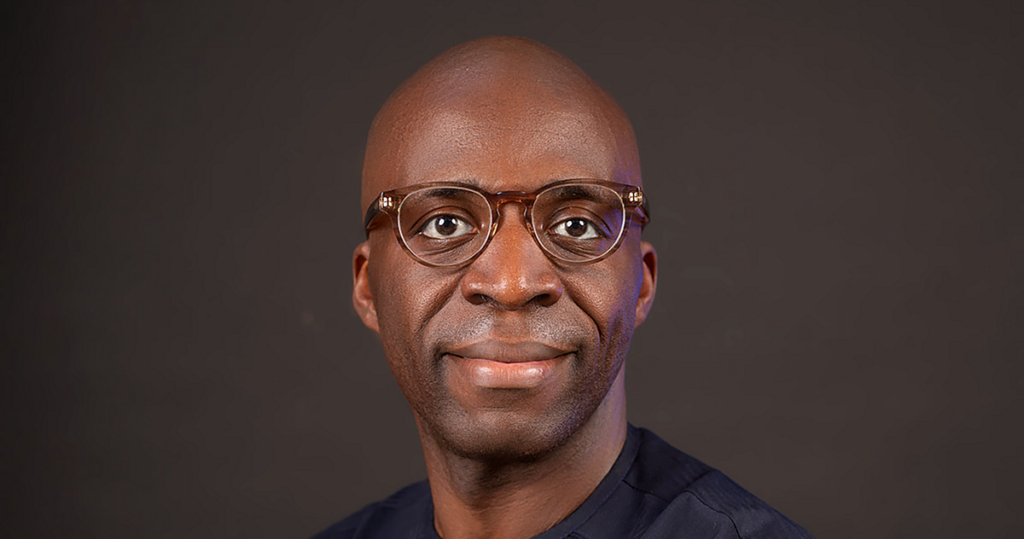
Chairman, Federal Civil Service Commission, Prof. Tunji Olaopa, yesterday, decried the education system that produces certificates without skills, even as he expressed support for the Federal Government’s approval of the NCE-B.Ed. certificate model for colleges of education.
Olaopa, who was the Chairman of the Colleges of Education Academic Staff Union (COEASU) 2024 National Conference on Digital Pedagogy and the Implications for Nigeria, held in Abuja, said that since his days as deputy director and head of policy division in the Federal Ministry of Education, the whole issue of the status of the teaching profession and teacher training pedagogy had been of keen policy interest to him.
He lauded what he described as giant strides in building significant layers on teaching professionalism with the extended retirement years for teachers in the classroom now put at 65/40 years. But he added that this important policy gain was work still in progress.
“I have worried, for instance, on what has happened to Nigeria’s end at implementing the global best practice regarding the modelling of tertiary education into three-concurrent significance around the universities, COE/monotechnic and the polytechnics. What indeed should be a flexible relationship of responsibilities among the three within the framework of complementarity to jointly cater to the human capital requirements for national development has since been altered in favour of university education.”
According to him, the current theory in Nigeria is that universities alone can produce the manpower that the country needs even if most of the products of the universities are white-collar jobbers. The result is the national skills disequilibrium that has made Nigeria rely largely on her neighbours in the sub-region for basic and master artisans, vocational and technical education skills and expertise. This situation has in turn made a mess of the many governments’ job creation and poverty reduction programmes.”
According to him, in the light of the Renewed Hope Agenda of the Federal Government, the nation must confront what he described as the “current national craze for certification that is devoid of skills content, one that is complicated by government’s discriminatory skills pricing, cadre classification and grading, as well as career progression parameters, which increasingly put more weight on the size of certificates rather than what the holders can offer as skill and acumen.”












